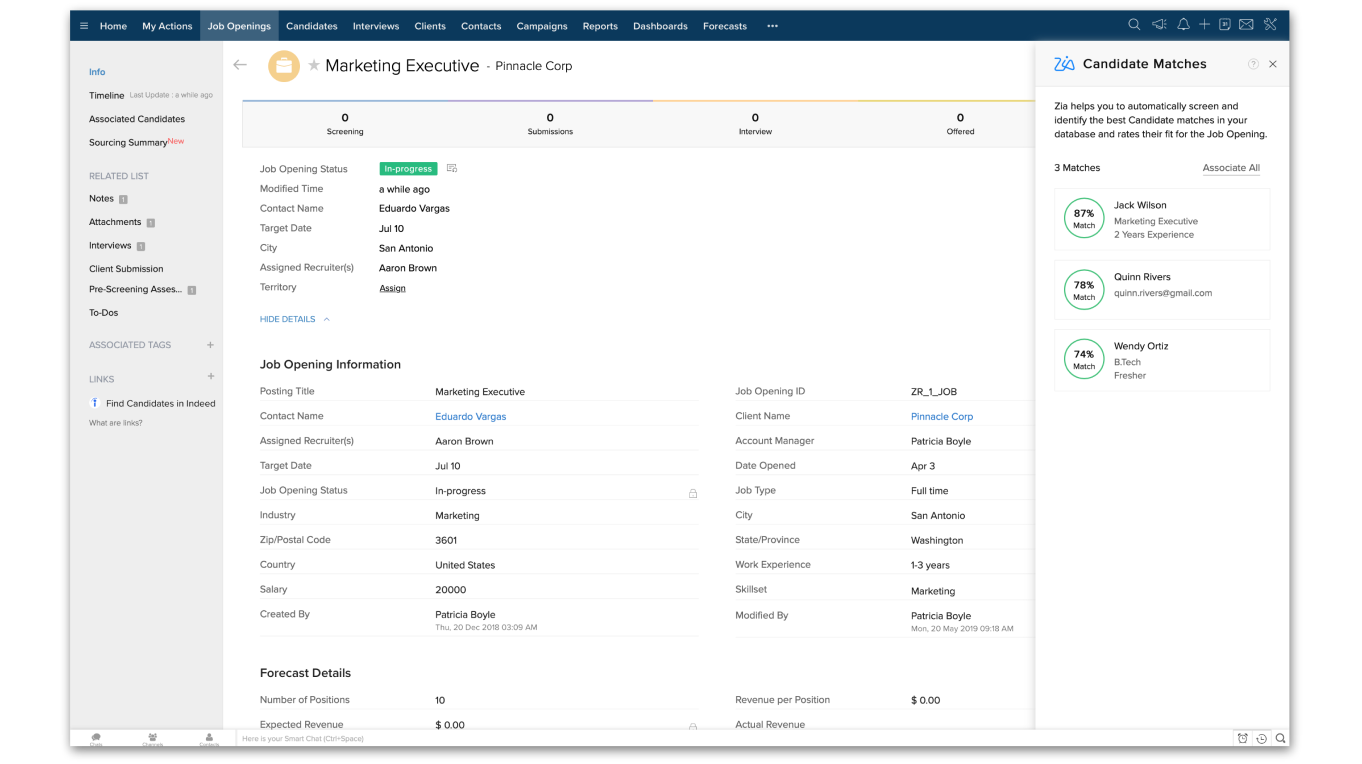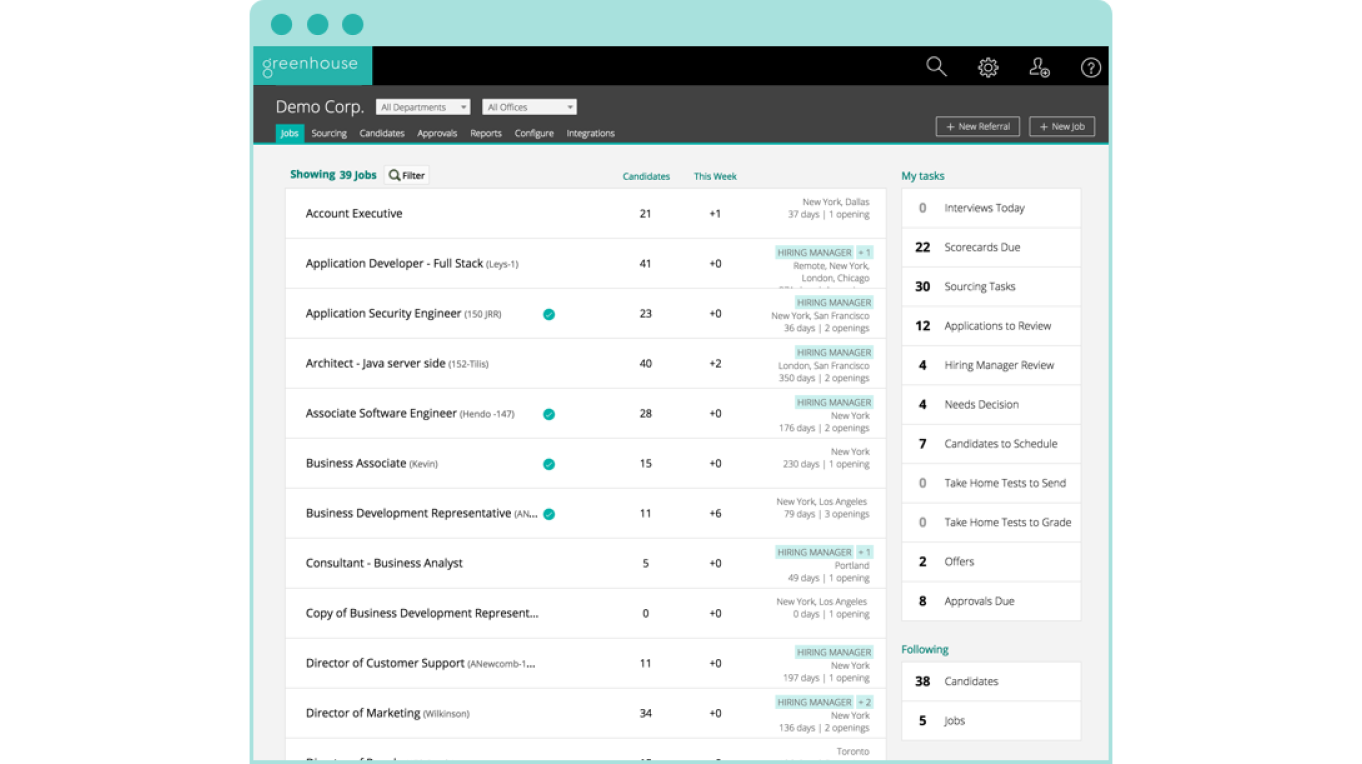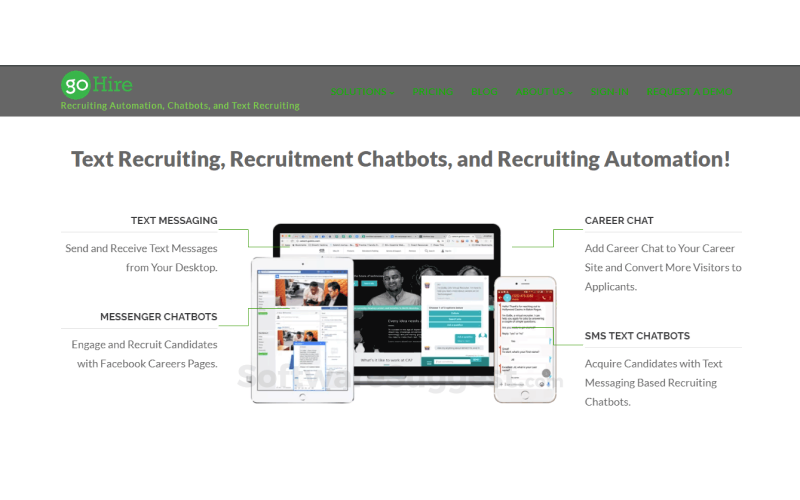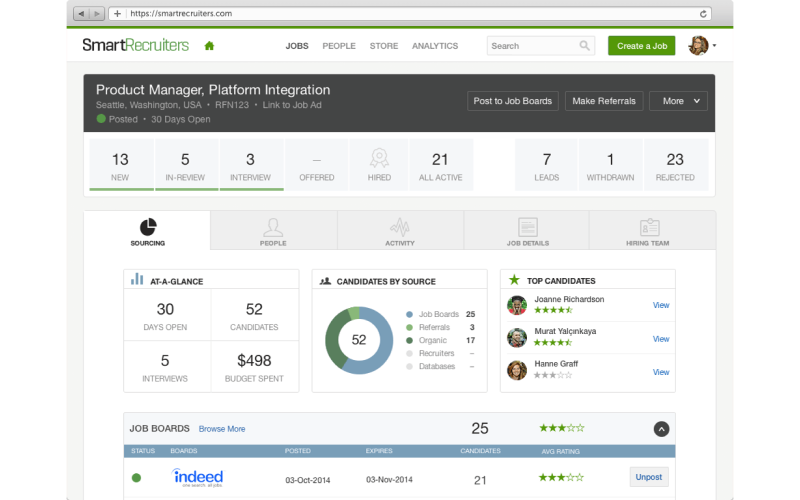
Introduction
In today’s job market, where candidates have more choices than ever, recruitment marketing has revolutionized how companies attract, engage, and retain top talent.
Gone are the days of simply posting job ads and waiting for resumes to pile up. Now, it’s about crafting a compelling employer brand, launching targeted campaigns,
and nurturing connections with potential candidates well before a position is even available.
Recruitment Marketing Software plays a crucial role in this transformation, enabling companies to amplify their brand, highlight their culture,
and engage with potential hires early in their career journeys.
In this blog, we’ll explore the essentials of recruitment marketing software, its key features, and why it’s indispensable for building a strong
talent pipeline in today’s hiring landscape.
What is a Recruitment Marketing Platform?
Recruitment Marketing platforms are specialized tools designed to help companies promote their employer brand, highlight workplace culture,
and engage with potential candidates long before they apply. It supports companies in creating and distributing targeted marketing campaigns,
showcasing their unique value propositions, and building a consistent talent pipeline.
These tools come with features that allow for seamless job posting, candidate relationship management, social media promotion,
and data-driven insights to optimize recruitment strategies.
Why Traditional Recruiting Falls Short Without Marketing Strategies
Traditional recruiting focuses primarily on filling open roles, often overlooking the deeper engagement that candidates now expect.
Relying solely on job listings and waiting for applications can limit a company’s reach to active job seekers,
missing out on the opportunity to connect with top talent who may not be actively looking but are open to new possibilities.
Today’s candidates are increasingly interested in a company’s culture, values, and mission, not just the role itself—meaning a simple job post
rarely makes a lasting impact.
Recruitment marketing fills this gap by allowing companies to proactively share their brand, values, and unique culture with potential candidates
well before the hiring need arises. It’s about building relationships early, fostering interest, and positioning the brand as a top choice
when opportunities emerge.
Without marketing strategies, traditional recruiting can feel passive and reactive, whereas a brand-led approach keeps companies top-of-mind
and competitive, ensuring they’re well-positioned to attract top talent in today’s dynamic hiring landscape.
5 Key Features of Recruitment Marketing Platforms
Analytics and Reporting:
Robust analytics provide insights into campaign performance, candidate engagement, and overall recruitment effectiveness.
Job Distribution:
These tools often offer multi-channel job distribution, automatically posting openings across various job boards and social media platforms to reach a broader audience.
Employer Branding Features:
Tools may include options for showcasing company culture, values, and employee testimonials through engaging content like videos and blog posts to attract candidates.
Social Media Integration:
Integration with social media platforms facilitates targeted advertising and sharing job openings, enhancing visibility and engagement with passive candidates.
Integration with ATS:
Many recruitment marketing tools integrate with Applicant Tracking Systems (ATS), ensuring a smooth transition of candidate data and streamlining the hiring workflow.
List of 10 Best Recruitment Marketing Software
Zoho Recruit
: Best for seamless recruitment marketing automation with end-to-end automation and advanced candidate tracking.
100Hires
: Ideal for high-volume hiring, providing extensive applicant tracking and easy job posting across platforms.
Recruit CRM
: Tailored for staffing agencies, combining CRM and ATS features to streamline client and candidate management.
JazzHR
: Perfect for small to medium businesses, offering easy-to-use hiring tools and customizable workflows.
Workable
: Known for its robust sourcing tools and collaborative hiring features suited for teams of all sizes.
Freshteam
: Best for recruitment and HR management, simplifying candidate tracking with integrated onboarding features.
Greenhouse
: Top choice for structured hiring and candidate experience, focusing on collaboration and data-driven decisions.
Go Hire
: Best for startups and small businesses, centralizing candidate tracking and job posting across multiple sites.
Smart Recruiters
: Best for enterprise hiring, with extensive integrations and tools for building a strong employer brand.
Manatal
: AI-powered recruitment platform enhancing candidate matching and streamlining hiring processes across teams.
Detailed Overview- Top Recruitment Marketing Companies in 2024
Zoho Recruit
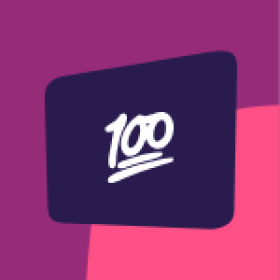
100Hires

Recruit CRM
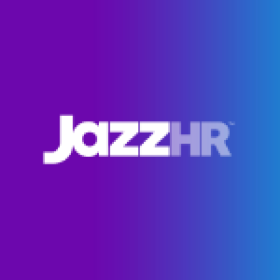
JazzHR

Workable
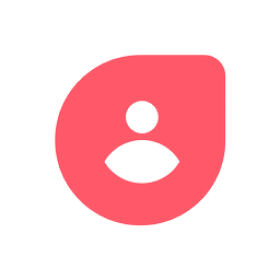
Freshteam

Greenhouse
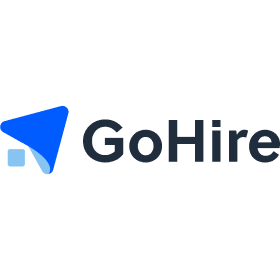
GoHire
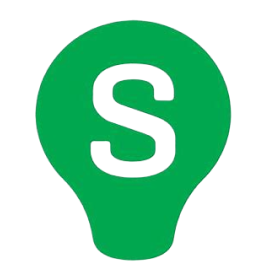
Smart Recruiters

Manatal
Benefits of Recruitment Marketing Software
Recruitment marketing tools are designed to enhance the hiring process by focusing on attracting, engaging, and nurturing candidates. Here are five key benefits of using these tools:
Enhanced Candidate Engagement:
Recruitment marketing tools facilitate personalized communication and targeted outreach, keeping candidates engaged throughout the hiring process and making them feel valued.
Stronger Employer Branding:
These tools allow organizations to showcase their culture, values, and employee testimonials, helping to create a compelling employer brand that attracts top talent.
Data-Driven Insights:
With robust analytics, recruitment marketing tools provide valuable insights into campaign performance, candidate behavior, and overall recruitment effectiveness, enabling informed decision-making.
Streamlined Recruitment Processes:
Automation features help simplify and accelerate various recruitment tasks, from job postings to candidate follow-ups, allowing HR teams to focus on strategic initiatives.
Wider Talent Reach:
By integrating with multiple channels, including job boards and social media, recruitment marketing tools enhance visibility and attract a diverse pool of candidates, including passive job seekers.
Investing in recruitment marketing software helps organizations build a strong employer brand, streamline recruitment efforts, and attract top-tier talent.
5 Challenges of Recruitment Marketing Tools
While recruitment marketing tools offer numerous benefits, they also present certain challenges that organizations need to navigate. Here are five common challenges:
Integration Issues:
Many recruitment marketing tools may struggle to seamlessly integrate with existing systems like Applicant Tracking Systems (ATS) or HR platforms, leading to workflow disruptions.
Cost Considerations:
While some tools offer extensive features, the cost can be a barrier, especially for smaller organizations. Balancing budget constraints with the need for effective recruitment solutions can be challenging.
Complexity of Use:
Some recruitment marketing tools come with steep learning curves due to their advanced features. This complexity can hinder adoption among team members and lead to underutilization.
Data Privacy Concerns:
Handling candidate data requires compliance with various regulations. Ensuring that recruitment marketing tools adhere to data privacy standards can pose a significant challenge.
Keeping Up with Trends:
The recruitment landscape is constantly evolving, and tools must adapt to changing candidate preferences and technologies. Staying ahead of trends to ensure effectiveness can be very demanding for the organization.
While overcoming these challenges is possible, it requires careful planning, ongoing evaluation, and flexibility to ensure recruitment marketing tools meet organizational needs.
FAQs
Q. How does recruitment marketing platforms differ from an applicant tracking system (ATS)?
A. While an ATS focuses on managing and tracking candidates through the hiring process, recruitment marketing software is more about attracting and engaging candidates before they apply. It focuses on building a talent pipeline and enhancing employer branding.
Q. Can recruitment marketing tools help improve our employer brand?
A. Yes! By showcasing company values, employee stories, and workplace culture, recruitment marketing software helps build a strong employer brand, which can make your company more attractive to top talent.
Q. Can recruitment marketing software integrate with other HR tools?
A. Yes, most recruitment marketing software can integrate with applicant tracking systems (ATS) and HR platforms, allowing seamless data flow across hiring and recruitment processes.
Q. What metrics can I track with recruitment marketing tools?
A. Key metrics include application conversion rates, candidate engagement levels, time-to-hire, source effectiveness, and campaign reach, which offer insights into recruitment strategies and their impact.
Q. Can I use recruitment marketing platforms to reach passive candidates?
A. Yes, recruitment marketing software is designed to engage not only active job seekers but also passive candidates through targeted content, email campaigns, and social media outreach.





